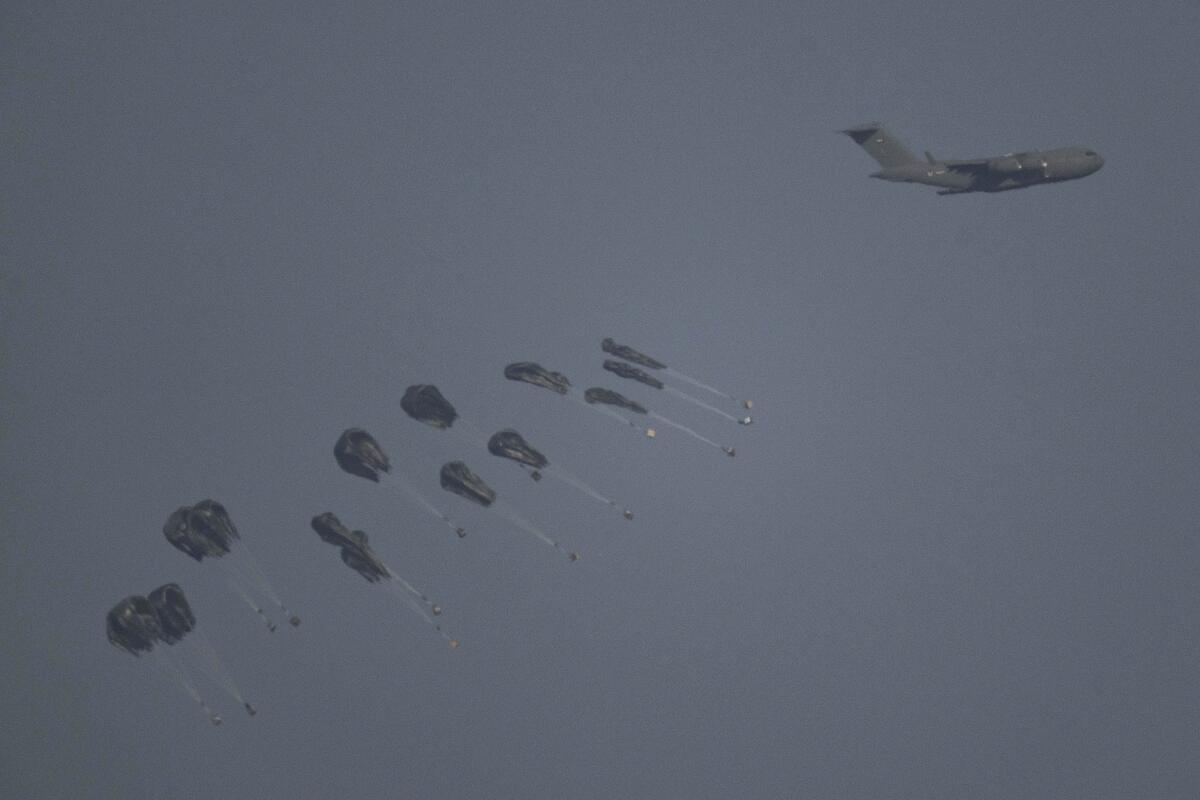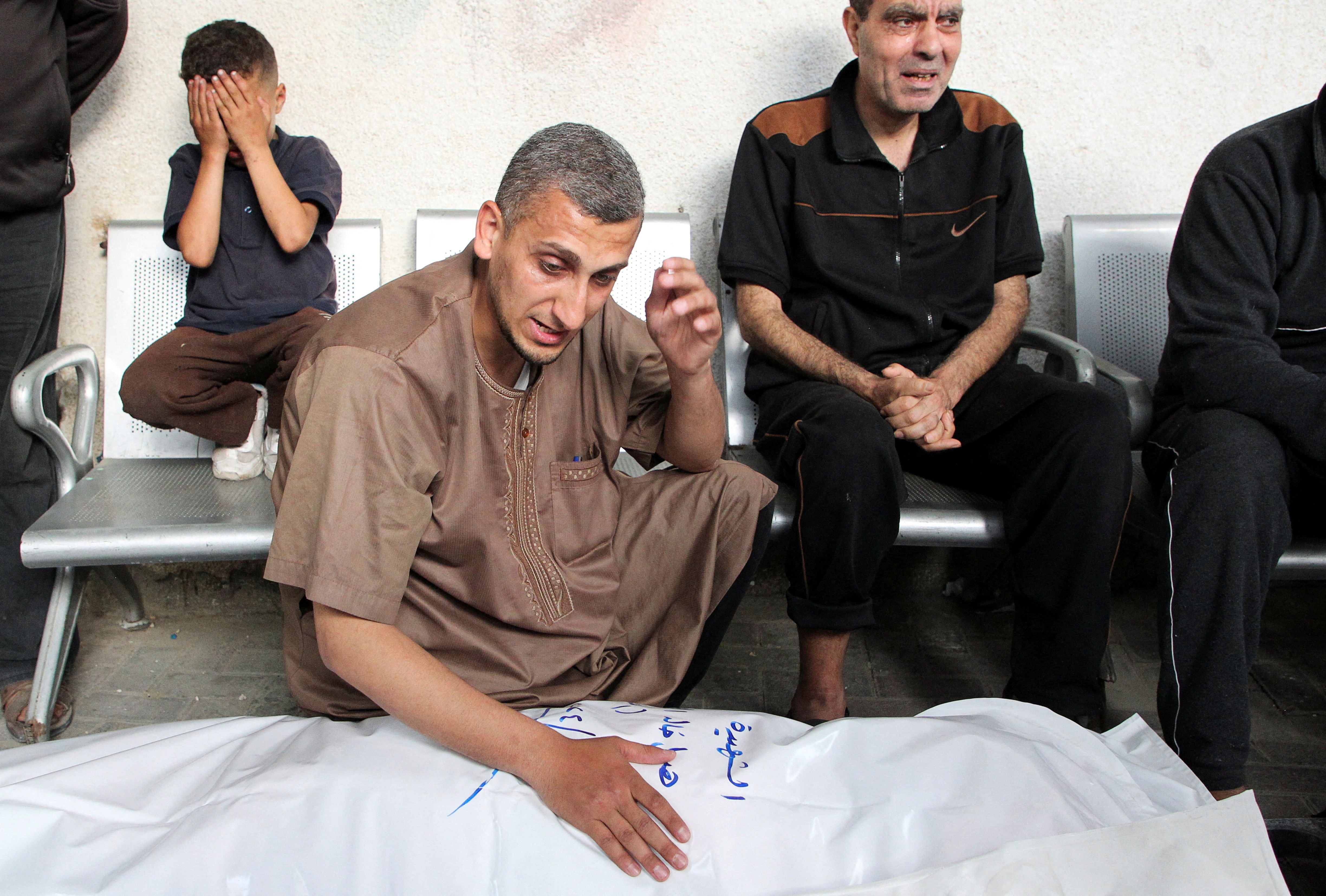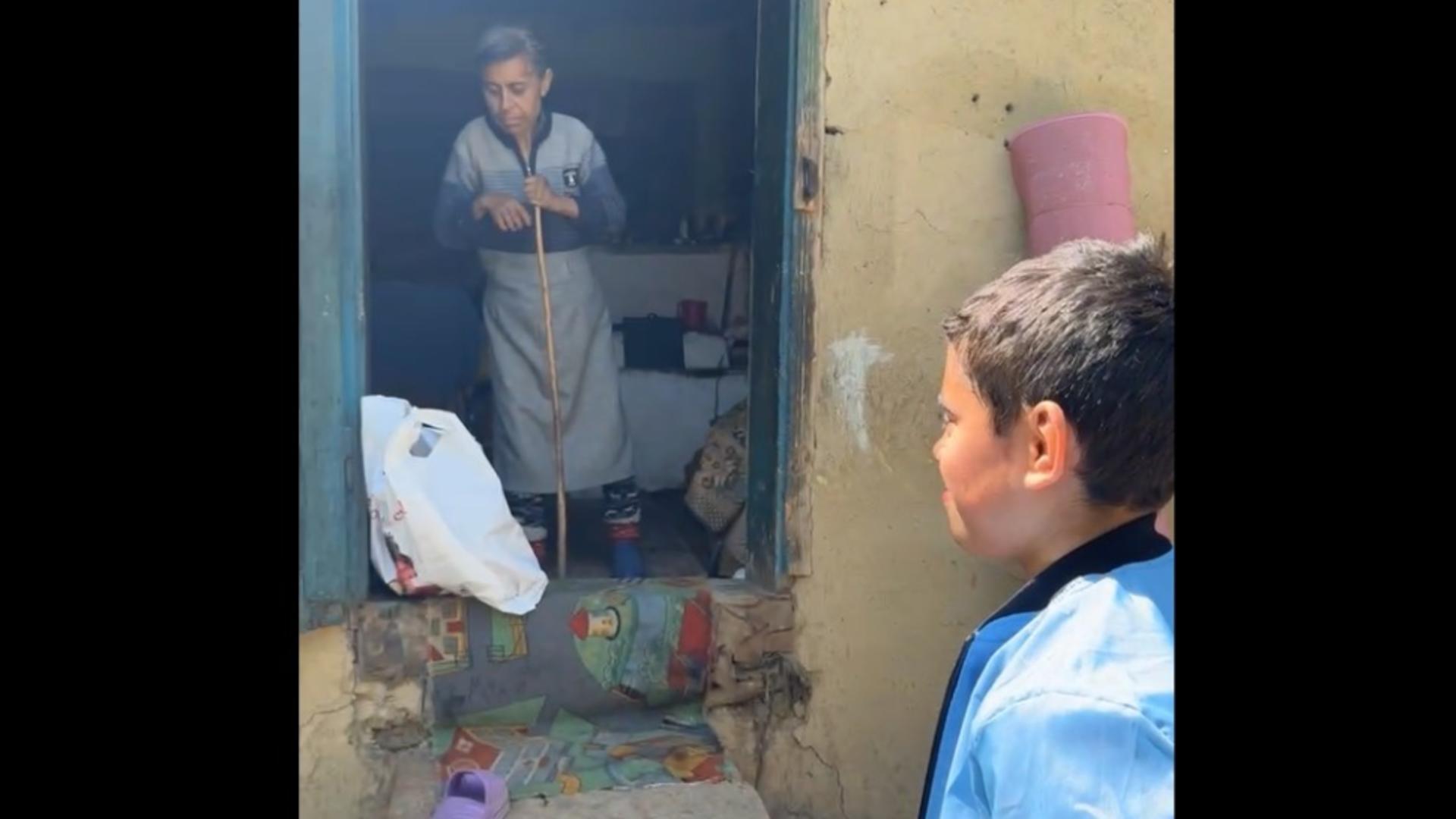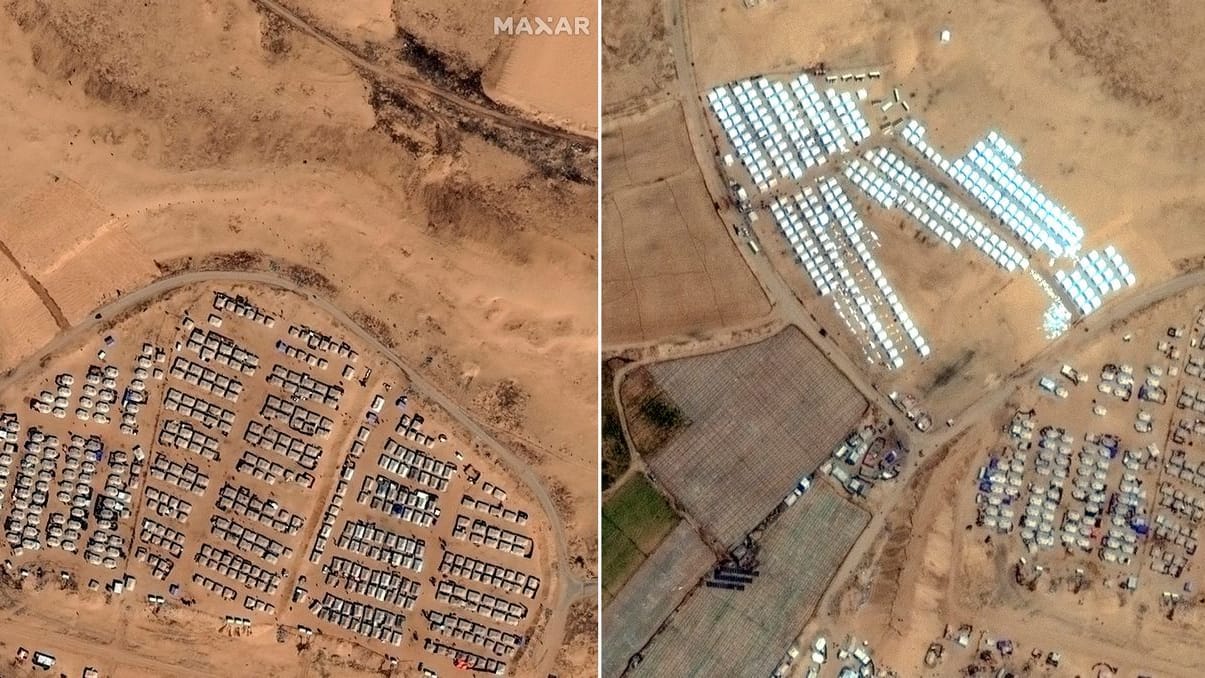U.N. top court orders Israel to open more land crossings for aid into Gaza
Israel-Hamas
March 28, 2024
The top United Nations court on Thursday ordered Israel to take measures to improve the humanitarian situation in Gaza, including opening more land crossings to allow food, water, fuel and other supplies into the war-ravaged enclave.
The International Court of Justice issued two new so-called provisional measures in a case brought by South Africa accusing Israel of acts of genocide in its military campaign launched after the Oct. 7 attacks by Hamas. Israel denies it is committing genocide. It says its military campaign is self defense and aimed at Hamas, not the Palestinian people.
Thursdays order came after South Africa sought more provisional measures, including a cease-fire, citing starvation in Gaza. Israel urged the court not to issue new orders.
In its legally
–
binding order, the court told Israel to take measures without delay to ensure the unhindered provision of basic services and humanitarian assistance, including food, water, fuel and medical supplies.
At historic U.N. court hearing, majority of countries argue Israel violated international law
It also ordered Israel to immediately ensure that its military does not take action
that could
that could harm Palestinians’ rights under the Genocide Convention, including by preventing the delivery of humanitarian assistance.
The court told Israel to report back in a month on its implementation of the orders.
Israel declared war in response to a bloody cross-border attack by Hamas on Oct. 7 in which 1,200 people were killed and 250 others were taken hostage. Israel responded with a campaign of airstrikes and a ground offensive that have left over 32,000 Palestinians dead, according to local health authorities. The fighting also displaced over 80% of Gaza’s population and caused widespread damage.
The U.N. and international aid agencies say virtually the entire Gaza population is struggling to get enough food, with hundreds of thousands of people on the brink of famine, especially in hard-hit northern Gaza.
A port in Gaza: Why the U.S. sees it as a solution to aid deliveries An international team of doctors that recent ly visiti to visited a hospital in central Gaza described gut-wrenching scenes of children dead or injured. Tanya Haj-Hassan, a pediatric intensive – care doctor from Jordan, who spent a 10-hour overnight shift at Al Aqsa Martyrs Hospital in the town of Deir al Balah, told the Associated Press she saw a toddler die from a brain injury caused by an Israeli strike that fractured his skull. His cousin, an infant, is still fighting for her life with part of her face blown off by the same strike, she said. And she watched a 10-year-old boy scream in agony for his parents, not knowing that they were killed in the same strike. Beside him was his sister, but he didnt recognize her because burns covered almost her entire body. After nearly six months of war, Gazas health sector has been decimated. Roughly a dozen of Gazas 36 hospitals are only partially functioning. The rest have either shut down or are barely functioning after they ran out of fuel and medicine, were surrounded and raided by Israeli troops, or were damaged in fighting. That leaves hospitals such as Al-Aqsa Martyrs caring for an overwhelming number of patients with limited supplies and staff. The majority of its intensive care unit beds are occupied by children, including infants wrapped in bandages and wearing oxygen masks. I spend most of my time here resuscitating children, Haj-Hassan said after a recent shift. What does that tell you about every other hospital in the Gaza Strip? South Africa tells U.N. top court Israel is committing genocide in Gaza as a landmark case begins Mustafa Abu Qassim, a nurse from Jordan who was part of the visiting team, said he was shocked by the overcrowding. When we look for patients, there are no rooms, he said. They are in the corridors on a bed, a mattress, or on a blanket on the floor. Before the war, the hospital had a capacity of around 160 beds, according to the World Health Organization. Now there are some 800 patients, yet many of the hospital’s 120 staff members are no longer able to come to work. Healthcare workers face the same daily struggle as others in Gaza in finding food for their families and trying to ensure some safety for them. Many bring their children with them to the hospital to keep them close, Abu Qassim said. Its just miserable, he said. World Court orders Israel to prevent genocide — but falls short of demanding end to Gaza war
South Africa welcomed Thursday’s decision, calling it significant.
The fact that Palestinian deaths are not solely caused by bombardment and ground attacks, but also by disease and starvation, indicates a need to protect the groups right to exist, the South African president said in a statement.
The Palestinian Foreign Ministry thanked South Africa, calling the case a vital step in the global effort to hold Israel accountable for perpetrating genocide.
The Israeli Foreign Ministry had no immediate comment.
In a written response earlier this month to South Africa’s request for more measures, Israel said the claims by South Africa were wholly unfounded,” morally repugnant” and “an abuse both of the Genocide Convention and of the Court itself.
After initially sealing Gazas borders in the early days of the war, Israel began to permit entry of humanitarian supplies. It says it places no restrictions on the amount of humanitarian aid allowed into Gaza and accuses the United Nations of failing to properly organize the deliveries.
The U.N. and international aid groups say deliveries have been impeded by Israeli military restrictions, ongoing hostilities and the breakdown of public order.
Opinion: How the International Court of Justice can hold Israel accountable in Gaza
Israel has been working with international partners on a plan to soon begin deliveries of aid by sea.
Israel has repeatedly feuded with the United Nations, particularly UNRWA, the U.N. agency for Palestinian refugees and main provider of aid in Gaza. Israel accuses the agency of tolerating and even cooperating with Hamas a charge UNRWA denies.
The court said in its order that Palestinians in Gaza are no longer facing only a risk of famine … but that famine is setting in.” It cited a report from the United Nations Office for the Coordination of Humanitarian Affairs that said at least 31 people, including 27 children, have already died of malnutrition and dehydration.
The world court said earlier orders imposed on Israel after landmark hearings in South Africas case do not fully address the consequences arising from the changes in the situation in Gaza.
On Tuesday, the army said it inspected 258 aid trucks, but only 116 were distributed within Gaza by the U.N.
COGAT, the Israeli military body in charge of Palestinian civilian affairs, has also run pilot programs to inspect the humanitarian aid at Israels main checkpoints in the south and then use land crossings in central Gaza to try to bring aid to the devastated northern part of the Strip. The agency had no immediate comment on the
International Court of Justice
ruling.





